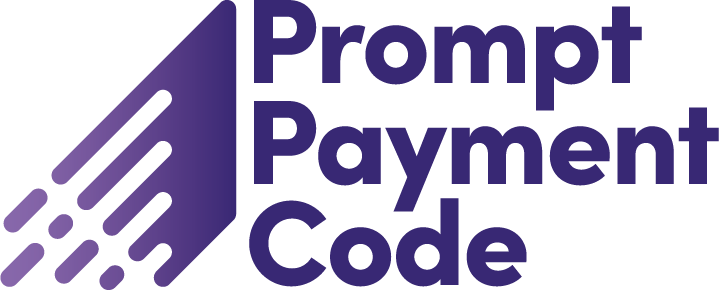
Translation vs. Interpreting
08/12/2022
International Translation Day 2023: a few handy uses of translation
03/10/2023When I volunteered with the British Red Cross as an English teacher for asylum seekers, I witnessed first-hand the bureaucratic and practical consequences of not knowing a country’s language. Living in the United States during Donald Trump’s presidency also allowed me to observe the continual politicising of our own migrant crisis at the Southern border. Whilst both sides of the aisle shout and heckle, asylum seekers and refugees still lack the essential tools to effectively communicate their harrowing experiences, and yet no one is listening.
Johana Bhuiyan’s article over at The Guardian details a Brazilian asylum seeker’s reliance on computerised translators since he was not properly accommodated with a human translator for any legal processes. Due to illiteracy, the asylum seeker, known as Carlos, could only rely on voice-based systems that did not understand his accent. What ensued was a longer stay in an immigration detention centre and incorrect details taken during hospital visits. The following sentence cannot be stressed enough: machine translation (MT) is not capable of conveying what human translators can. The problem does not only lie with unrecognisable accents and popular slang words but important cues such as emotions, social context, and metaphorical language which will be missed. Douglas Hofstadter eloquently described automated translators in The Atlantic as being “all about ultra-rapid processing of pieces of text, not about thinking or imagining or remembering or understanding.”
Institutionalising computer translation programmes in our public sectors as a way of avoiding “costly” human translators only creates disaster. Case in point: in 2015, the Australian Defence Force (ADF) released Arabic tweets in an online anti-ISIS campaign that were more so a jumble of words than coherent sentences. In an effort to win over Arabic speakers within or near ISIS-controlled regions, the ADF, a government entity, ended up looking like just another false news source because it over relied on MT. When such cost-cutting seeps into public services like the immigration system, the courts, and healthcare, people’s lives are oftentimes easily ruined.
Language access inequality is a glaring issue in our society that not many people pay attention to or are even aware of. In the United States, the Civil Rights Act of 1964 requires federally funded programmes to provide translation services and meaningful access to LEP (“Limited English Proficiency”) individuals. In the United Kingdom, the Office for National Statistics states that people with poor English language skills are more likely to have worse health and be unemployed. And while Britain’s Equalities Act of 2010 discourages racial and ethnic discrimination, nowhere is it stated that any translation service is mandated in the legal system, except for the Welsh language.
Whilst many can pay for certified translation services like those of My Language Hub with visas, work permits, and other immigration documents, people who need them the most make do with much less. The current state of language access inequality results from governments unwilling to provide sufficient funding and society’s little to no awareness on the subject. One cannot emphasise the next sentence enough: computer translation programs lack the social awareness, intuition, and cultural competency to be utilised in sensitive contexts like human rights and social services. Public bodies are better suited to use teams of dedicated linguists as provided by companies like My Language Hub instead of artificial intelligence and MT.












